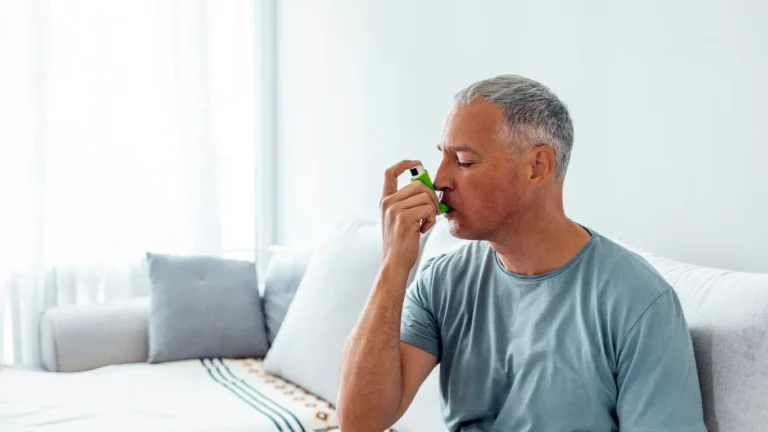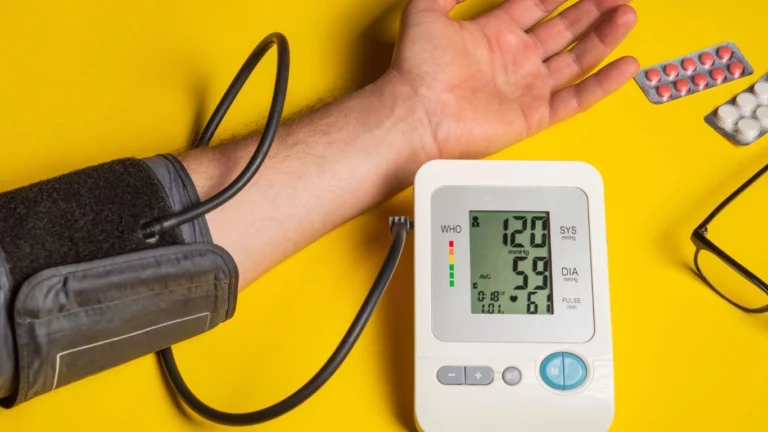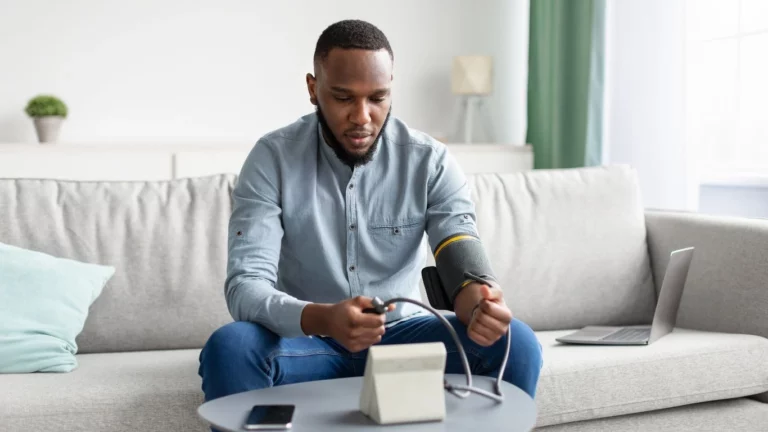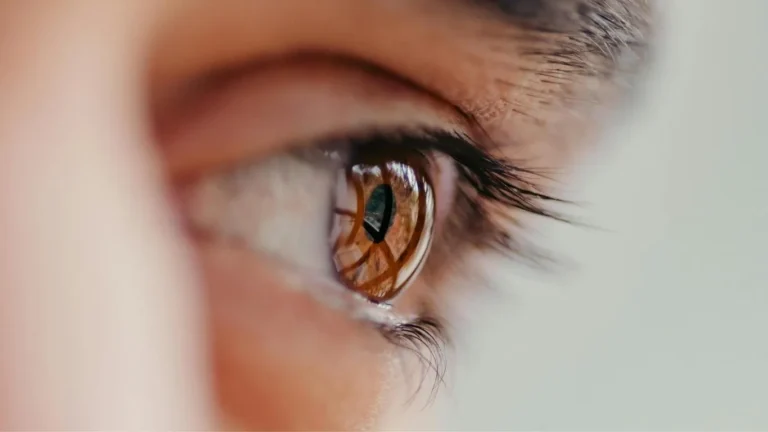Managing Hypertension in Humid Climates: Stay Cool and Keep Your Health in Check! 🌞
So, you’ve got hypertension (high blood pressure), and it’s a hot, sticky day. You’re probably already feeling a bit of discomfort in the heat, but did you know that living in a humid climate can really make managing your blood pressure a bit more challenging? 😅 As someone who’s worked with plenty of patients struggling with high blood pressure, I can tell you that the combination of heat and humidity isn’t the best friend of anyone dealing with hypertension.
Managing hypertension in humid climates takes a bit of extra attention, but don’t worry, we can make this work. I’ll walk you through some practical tips based on my experience, plus share some real-life examples from people who’ve dealt with the same issues. Let’s talk about why humidity messes with your blood pressure, how to handle it, and everything in between!
Why Humidity and Hypertension Don’t Mix Well 🌧️
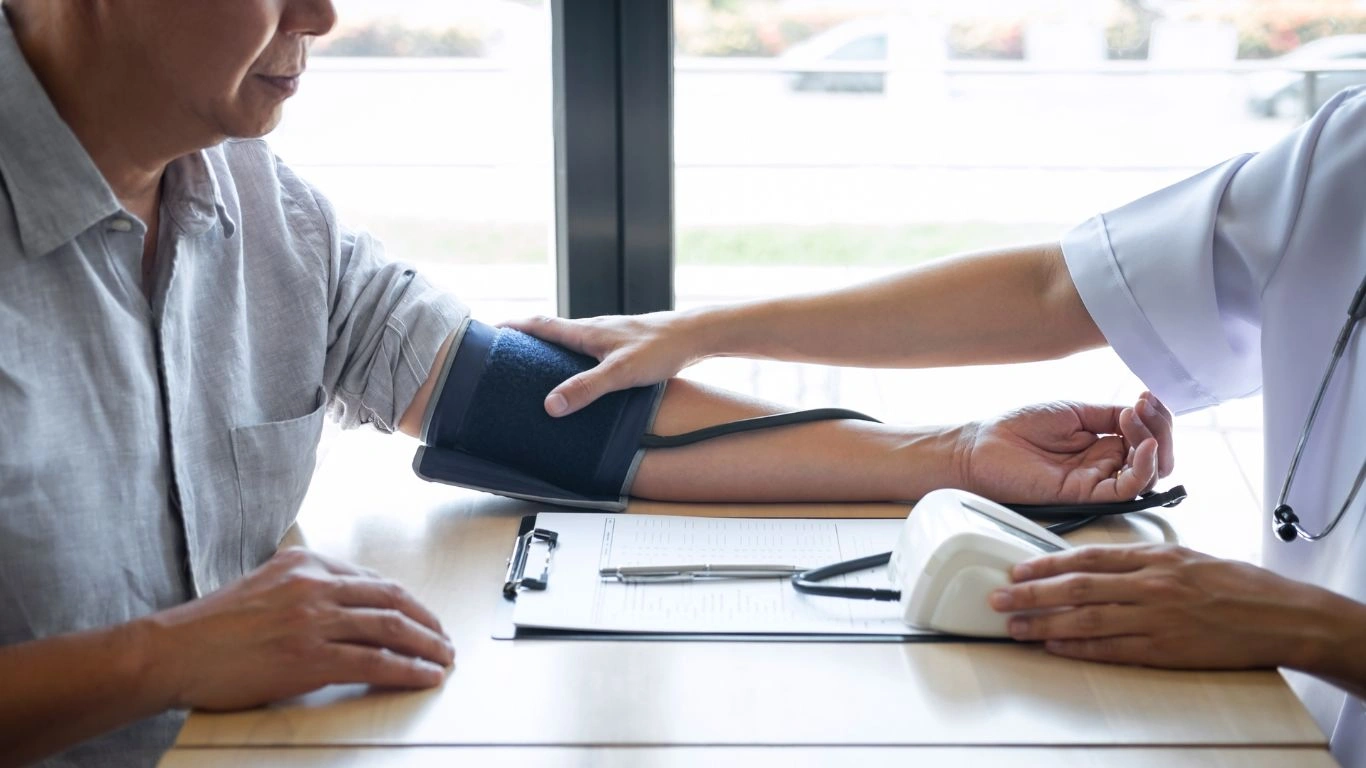
Okay, first off, let’s understand how humidity messes with your body. I’ve had a few clients who live in tropical climates or coastal areas, and they’ve noticed their blood pressure seems to spike in the warmer months. Well, guess what? You’re not imagining it.
- Humidity can affect your body’s cooling system: When it’s humid, your body struggles to sweat properly. We all know sweat is the body’s way of cooling down, right? But when the air is already packed with moisture, your sweat can’t evaporate as efficiently, causing you to overheat. And guess what happens when your body gets too hot? Your blood vessels dilate, and your heart starts working overtime to cool you off. All that extra strain can make your blood pressure go up.
- Dehydration is a big deal: Heat causes sweating, and when you’re sweating like crazy, you lose fluids. If you’re not keeping your hydration levels in check, your blood volume decreases, which can lead to a rise in blood pressure. It’s like a snowball effect that can leave you feeling more stressed and physically drained.
Troubleshooting Common Issues: Staying Cool and Keeping Your Blood Pressure Steady 🛠️
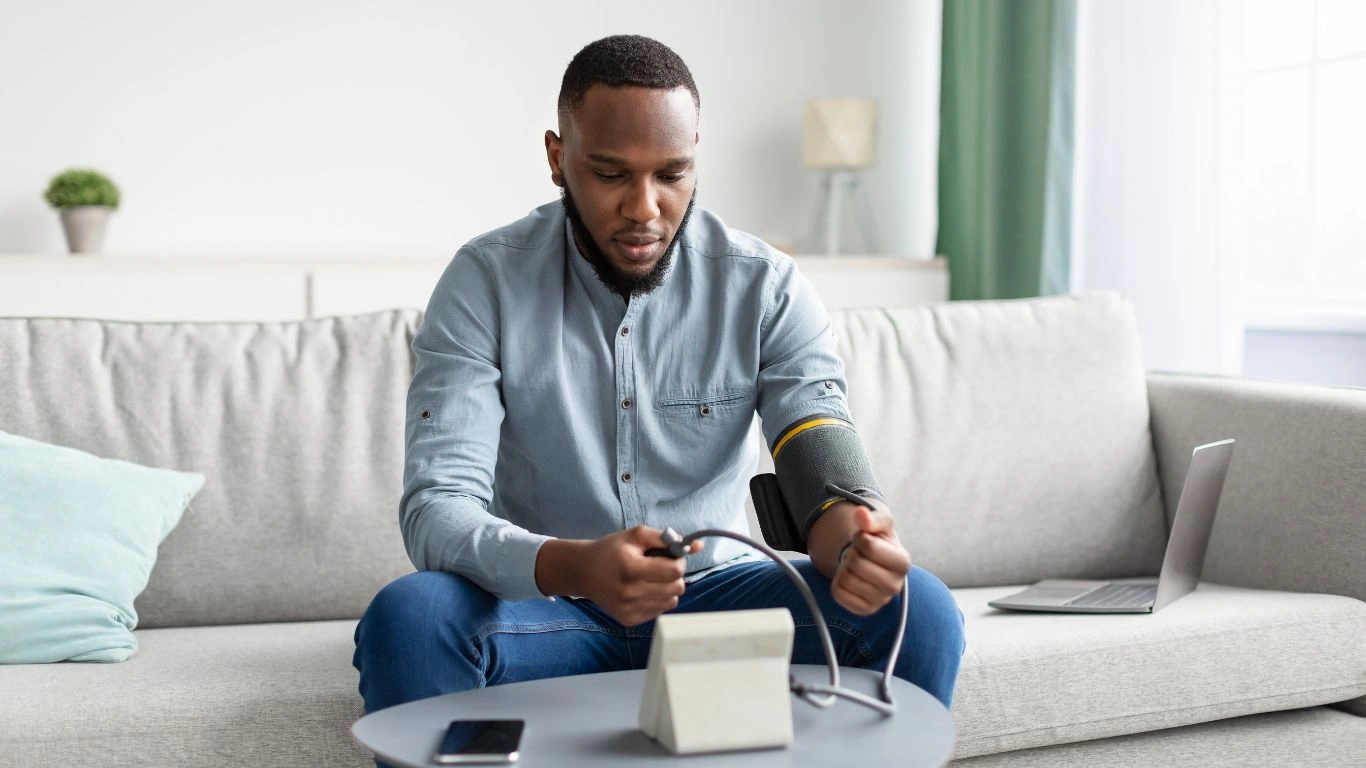
Dealing with humidity while managing hypertension isn’t always easy, but there are a few simple fixes that can make a world of difference. Here’s what I’ve recommended to some of my patients who live in high-humidity areas.
- Drink more water than you think: If you’re in a humid climate, you NEED to stay hydrated. Trust me on this—hydration is key to managing blood pressure. But don’t just rely on water; consider drinks that replenish lost electrolytes, like coconut water or sports drinks. You don’t want to be out there sweating buckets with no backup fluids.
- Take breaks to cool off: Whether you’re working outside or running errands, don’t forget to give yourself a break in the shade or an air-conditioned room every once in a while. Your body will thank you for it, and your blood pressure will stay steady.
- Adjust your meds: Some blood pressure meds can make you feel lightheaded in hot conditions, and others might interact with heat and dehydration in unexpected ways. It’s always a good idea to have a chat with your doctor about adjusting dosages or even considering alternatives if you live somewhere particularly humid.
Real-Life Stories: How People Are Managing Hypertension in Humid Climates 💬
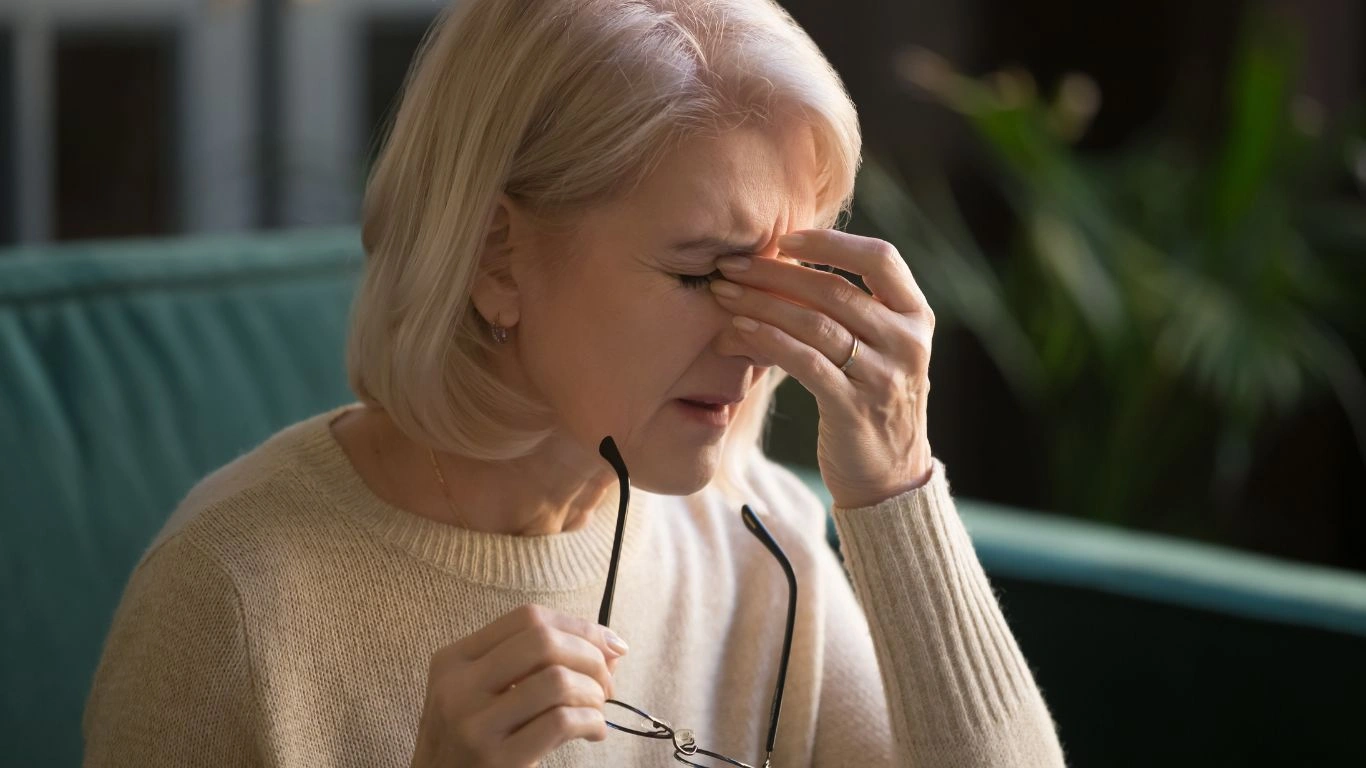
I’ve had a few people share their personal experiences with me, and it’s always interesting to see what works for different folks. Here are a couple of stories that might hit home.
- Maria’s Coastal Life 🌴
Maria lives in a beach town where the humidity is intense. She’d always struggled with high blood pressure, but it seemed to get worse during the summer months. One thing she found super helpful was getting into a routine of drinking water with electrolytes before heading outside. She also started using a personal fan when she had to be in the heat, and it made a huge difference in keeping her pressure levels stable. In fact, after making these simple changes, Maria saw her blood pressure readings stay in the healthy range, even in the summer heat! - David’s Experience in a Tropical Climate 🏝️
David lived in a tropical city, and the humidity made his hypertension harder to control. He was often outdoors for his job and didn’t realize just how much he was sweating. After experiencing a dizzy spell, David decided to check his hydration levels. He learned that he was dehydrated, which was spiking his blood pressure. Now, he makes it a habit to drink water and take breaks more often, and his blood pressure has improved dramatically.
Key Takeaways / Summary: Stay Cool and Keep Things in Check 🌟
- Hydrate, hydrate, hydrate: Don’t just drink water—think about adding drinks with electrolytes to your daily routine to replenish what you lose in the heat.
- Know your limits in the heat: Don’t push yourself too hard in extreme temperatures. If you’re feeling overwhelmed, take a break in the shade or indoors.
- Talk to your doctor about your meds: The heat and humidity can interact with your blood pressure meds in ways you might not expect. A quick check-in with your doctor could save you from any surprises.
- Regular monitoring is your friend: Keep track of your blood pressure regularly, especially when the weather is hot and humid. It’s an easy way to stay on top of your health.
5 FAQs About Managing Hypertension in Humid Climates ❓
- Does humidity directly affect blood pressure?
Yes, it does! The body has to work harder to stay cool in humid conditions, which can put extra strain on the heart and lead to higher blood pressure. - What’s the best drink for hydration in humid weather?
Water is great, but adding electrolyte drinks like coconut water can help you keep your fluid balance in check. Avoid too much caffeine or alcohol, as these can dehydrate you. - Can heat make my blood pressure meds less effective?
It’s possible. Heat can affect how your body absorbs or responds to certain medications. It’s always a good idea to check with your healthcare provider. - How often should I check my blood pressure during summer?
You should check it more frequently in humid weather to stay on top of your health. At least once a week, or more if you’re experiencing any symptoms like dizziness. - What are the signs I’m getting too hot and dehydrated?
Signs include dizziness, lightheadedness, dry mouth, and a feeling of fatigue. If you’re experiencing any of these symptoms, take a break, hydrate, and get somewhere cooler!
Appendix
References 📚
- American Heart Association: Managing Hypertension
- Hypertension Society: Effects of Weather on Blood Pressure
Disclaimer 🚨
This article is based on my personal experiences and the general advice I give to clients. However, this information is not a substitute for medical advice. Always consult your healthcare provider before making changes to your routine or medication.
Call to Action 🔔
Feeling ready to take control of your hypertension, even in humid climates? It’s not as hard as you might think! Start hydrating more, take regular breaks in the shade, and talk to your doctor about how to adjust your treatment plan. Stay cool and keep that blood pressure in check!

Dr. Gwenna Aazee is a board-certified Internal Medicine Physician with a special focus on hypertension management, chronic disease prevention, and patient education. With years of experience in both clinical practice and medical writing, she’s passionate about turning evidence-based medicine into accessible, actionable advice. Through her work at Healthusias.com, Dr. Aazee empowers readers to take charge of their health with confidence and clarity. Off the clock, she enjoys deep dives into nutrition research, long walks with her rescue pup, and simplifying medical jargon one article at a time.


